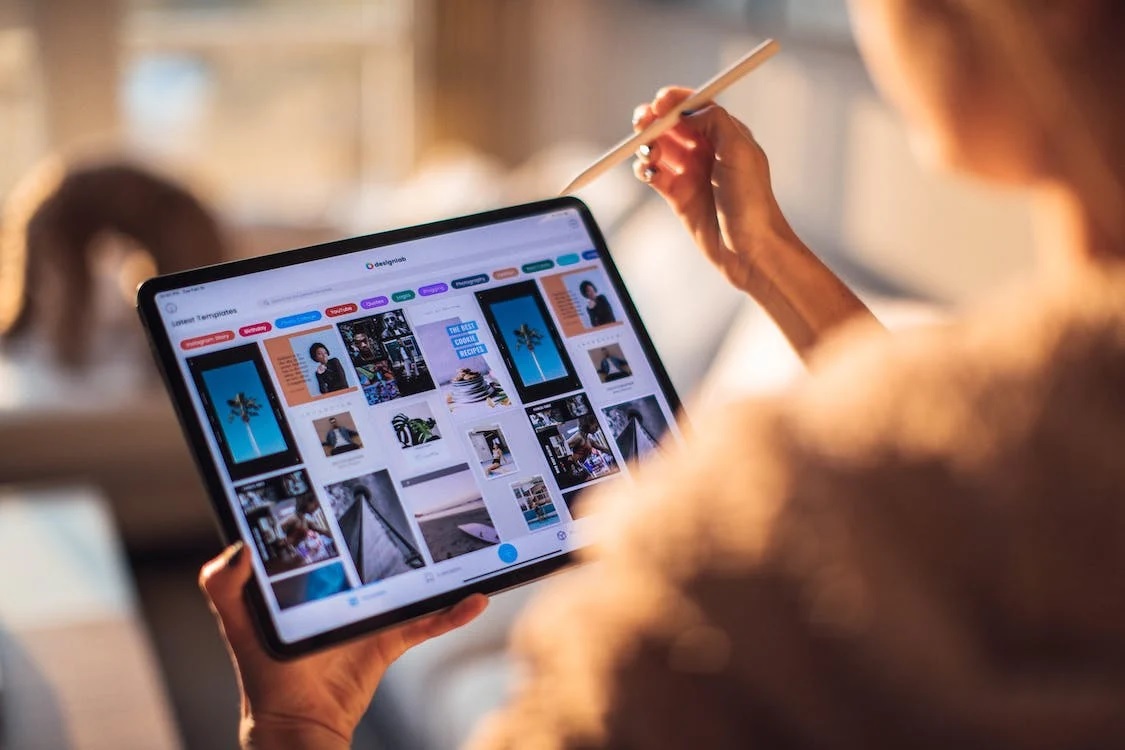Digital Resources and Their Role in Enhancing Regular Learning
Introduction:
In the digital age, technology has transformed the landscape of education, making learning more accessible, interactive, and dynamic. Digital resources encompass a wide range of tools, platforms, and materials that harness technology to facilitate and enrich the process of learning. This essay explores the significance of digital resources and how they are effectively integrated into regular learning to enhance educational experiences.
Digital Resources: An Overview:
Digital resources encompass a vast array of educational materials that are accessible through digital devices and platforms. These resources include e-books, online courses, educational apps, interactive simulations, videos, podcasts, virtual field trips, and more. They cater to different learning styles, enabling learners to engage with content in ways that resonate with them.
Enhancing Accessibility and Flexibility:
One of the key benefits of digital resources is their accessibility. Learners can access materials anytime, anywhere, breaking down geographical barriers and time constraints. This accessibility is particularly valuable for individuals who are pursuing education alongside work, family, or other commitments.
Engaging and Interactive Learning:
Digital resources offer engaging and interactive learning experiences. Videos, animations, and simulations can explain complex concepts in a visual and intuitive manner, making learning more enjoyable and comprehensible. Interactive quizzes and exercises provide instant feedback, enhancing the learning process.
Personalized Learning:
Digital resources enable personalized learning experiences. Adaptive learning platforms analyze learners’ performance and tailor content to their strengths and weaknesses, ensuring that each individual progresses at their own pace.
Enriching Content Variety:
Digital resources provide access to a wide range of content, from diverse subjects to varying levels of complexity. Learners can explore topics beyond their curriculum, fostering curiosity and interdisciplinary thinking.
Lifelong Learning and Skill Development:
In a rapidly changing world, digital resources empower learners to continuously update their skills and knowledge. Online courses, webinars, and tutorials allow individuals to engage in lifelong learning, staying relevant in their careers and personal pursuits.
Digital Resources in My Regular Learning:
In my own educational journey, digital resources have become integral to my regular learning. For instance, online platforms like Khan Academy and Coursera offer courses on a wide array of subjects, allowing me to supplement my formal education with additional knowledge. These platforms provide lectures, quizzes, assignments, and discussion forums, creating a comprehensive learning experience.
Interactive Learning Platforms:
Interactive learning platforms, such as educational apps and simulations, have transformed the way I understand complex concepts. For instance, when learning about the solar system, interactive simulations allowed me to manipulate planetary orbits and observe celestial phenomena, fostering a deeper understanding of astronomical principles.
Access to Research Materials:
Digital resources provide access to an extensive range of research materials, academic journals, and articles. Online libraries and databases have facilitated my research projects, enabling me to explore scholarly perspectives and incorporate diverse viewpoints into my work.
Collaborative Learning:
Digital resources also enable collaborative learning. Virtual study groups, discussion forums, and video conferencing tools allow me to connect with peers and experts from around the world, fostering cross-cultural interactions and diverse perspectives.
Challenges and Considerations:
While digital resources offer numerous advantages, there are challenges to consider. The digital divide, where some individuals lack access to technology and the internet, can exacerbate educational inequalities. Additionally, the credibility of online sources and the potential for distraction require learners to develop critical thinking skills.
Conclusion:
Digital resources have revolutionized the way we learn, making education more flexible, engaging, and accessible. In my personal learning journey, these resources have enriched my understanding, expanded my horizons, and empowered me to embrace continuous learning. As technology continues to evolve, the integration of digital resources into education promises to reshape the future of learning, equipping learners with the tools they need to thrive in a dynamic and interconnected world.

